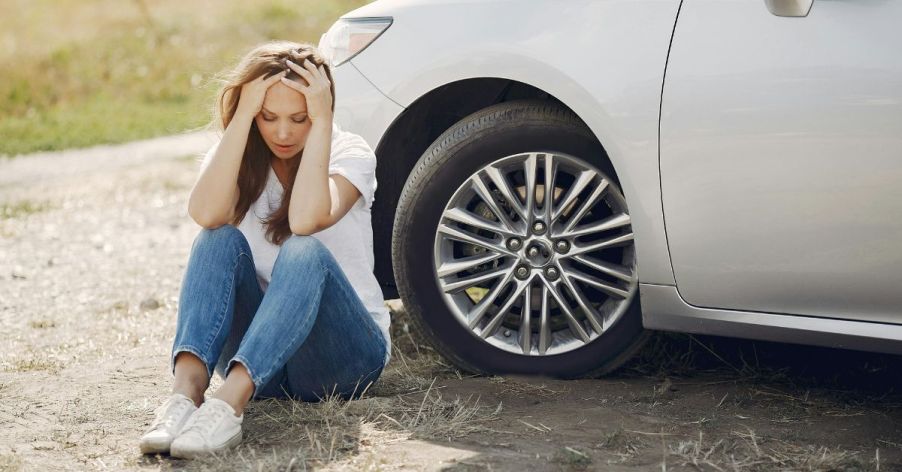
15 Factors That Speed Up Your Car’s Depreciation

Car depreciation is the gradual decline in a vehicle’s value over time, influenced by several factors. The moment you drive your car out of the dealership, it begins to lose value, and this continues over time. So, what factors accelerate your car’s depreciation?
Lack of Maintenance
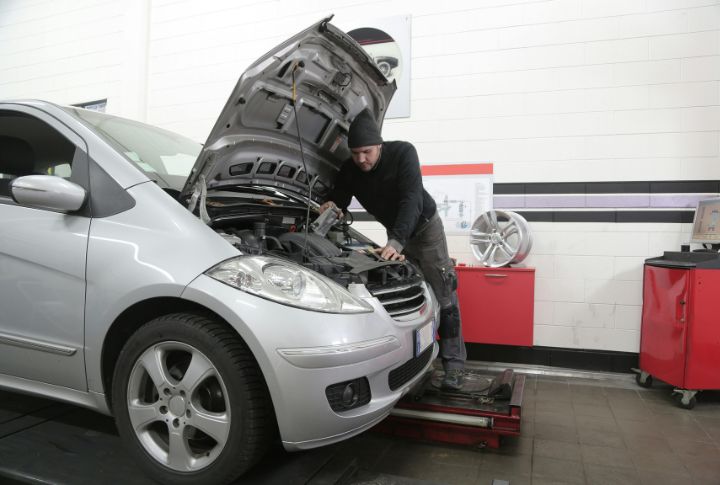
Failure to keep up with regular maintenance, like oil changes, tire rotations, and fluid checks, can lead to mechanical problems. A poorly maintained car often signals neglect, and buyers will factor in the cost of returning the vehicle to a reliable condition, reducing its market value.
Accidents and Cosmetic Damage
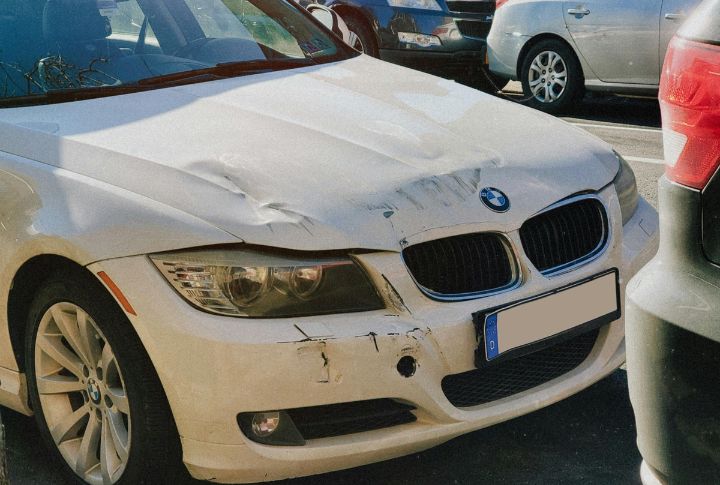
Accidents can significantly diminish a car’s value, even if the damage is repaired. Your vehicle history report will reflect the incident and make potential buyers wary of future problems. Cosmetic damages such as dents and scratches also lower the car’s aesthetic appeal, further impacting resale value.
High Mileage
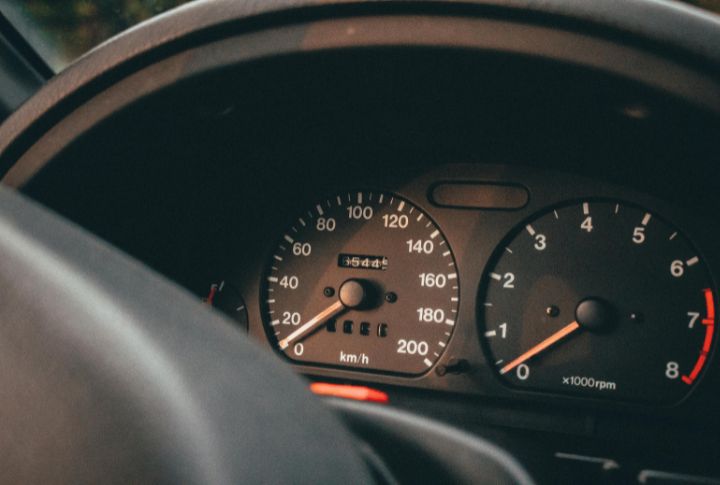
Many buyers associate high mileage with potential mechanical issues and costly repairs. This is because high mileage indicates more work done by the engine, transmission, and other vital components. The result is that any car with exceptionally high mileage can be challenging to sell altogether.
Poor Vehicle History Report
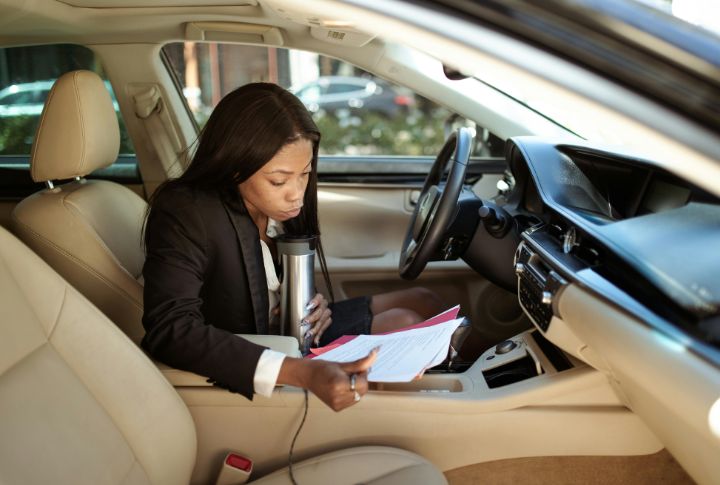
A car’s history report plays a significant role in its resale value. Vehicles with multiple owners, numerous accidents, or significant repairs typically scare off potential buyers. These red flags suggest that the car may not have been adequately cared for, hence a drastic value reduction.
Outdated Technology
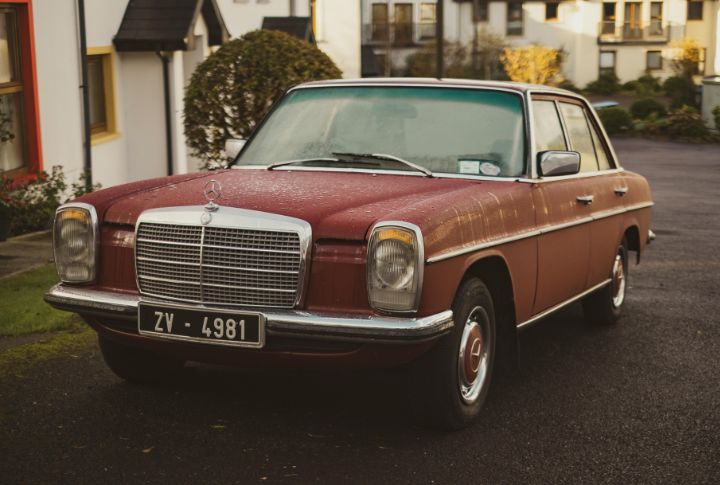
Cars that lack modern technology, like backup cameras, infotainment systems, and advanced safety features, tend to lose value more quickly. As technology rapidly advances, older cars feel outdated and less appealing. Irrespective of the car’s age, technological features that don’t integrate with newer provisions are a put-off.
Older Model Year

As cars age, they lose value regardless. Older models lack the latest safety features, technology, and design updates. Even if your car is in good shape, its age alone is enough to reduce its resale price compared to newer models. Age also raises concerns about mechanical wear.
Custom Modifications
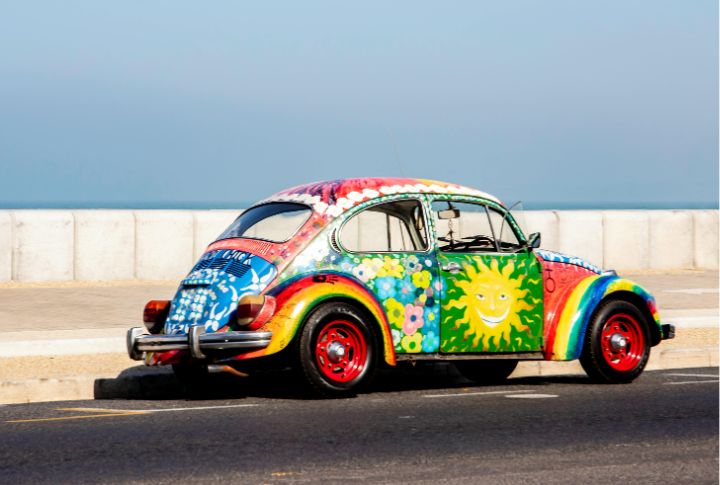
Custom paint jobs, oversized wheels, or aftermarket parts can make a car harder to sell. These modifications can be viewed as personal choices that don’t increase the value for a typical buyer. Additionally, non-factory modifications can void warranties and make future repairs more expensive, lowering appeal.
Unpleasant Interior Condition

A car with a worn or dirty interior will lose value, as buyers prefer fresh and well-maintained vehicles. Stained upholstery, foul odors, or cracked dashboards can be expensive. Buyers will prioritize cars that feel clean because the interior condition affects the driving experience.
Exterior Wear and Tear
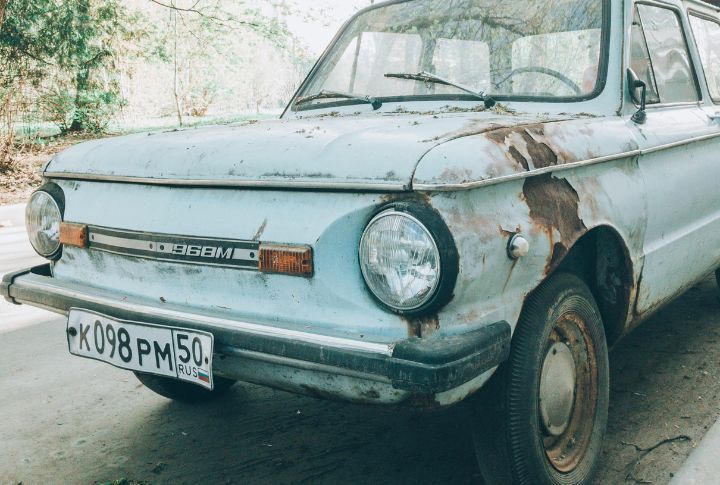
Visible wear and tear on your car’s exterior, including faded paint, rust, or scratches, can significantly lower its value. A car’s outward appearance is one of the first things potential buyers notice, and a poorly maintained exterior may suggest neglect in other areas of the vehicle.
Poor Fuel Efficiency

Cars with poor fuel efficiency are less attractive to buyers, especially when gas prices are high. This is because fuel economy helps buyers save money in the long run. Fuel-efficient cars retain their value better due to fuel economy and environmental friendliness.
Mechanical Issues
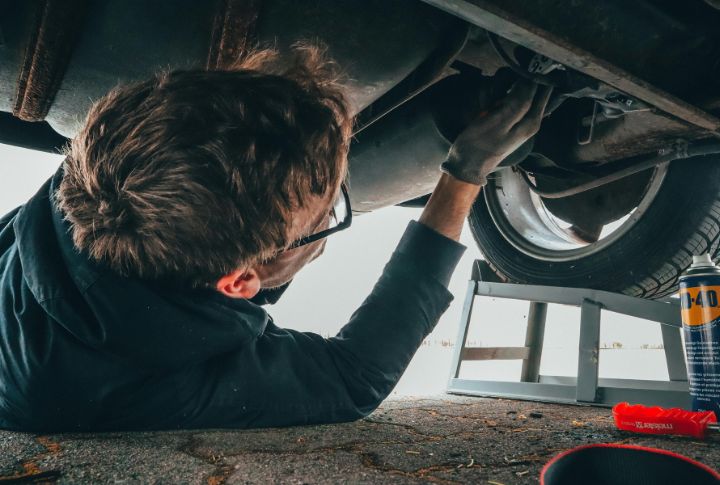
Any existing mechanical issue, even minor ones, can scare off potential buyers and lower your car’s value. Buyers often assume that if a vehicle has one problem, more issues will arise in the future. Mechanical repairs can also be costly, so buyers will offer less to cover those expenses.
Environmental Damage
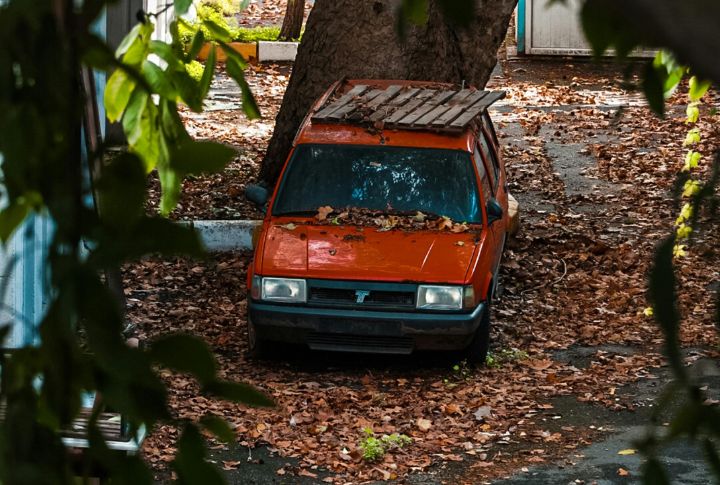
Exposure to extreme weather conditions like harsh sunlight, rain, or snow can cause faded paint, rust, and deteriorating seals. Environmental conditions can also impact the car’s functionality. For example, in extreme climates such as coastal areas with salt air, vehicles are more prone to rust and corrosion.
Market Saturation

When a specific car model is oversupplied in the used car market, its value drops due to increased competition. Buyers have more options, so sellers must lower their prices to remain competitive. This trend is widespread among popular cars with high production volumes.
Discontinuation of the Model
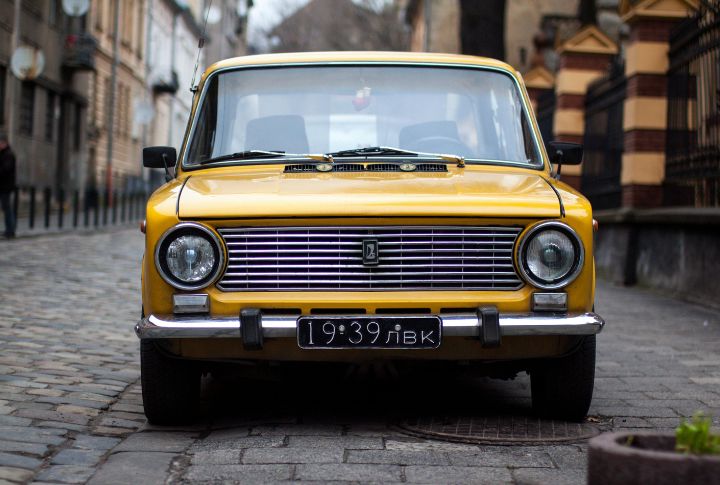
If a manufacturer discontinues your car model, it loses value more rapidly. Discontinued cars can become more challenging to service due to the lack of available parts, and potential buyers may worry about long-term support. In some rare cases, niche car models may gain collector appeal.
Unpopular Color

Uncommon or bold colors like bright yellow or neon green may not appeal to everyone. Neutral colors like white, black, and gray retain value better as they have broader appeal. Additionally, rare colors may make a car harder to match for future touch-ups or repairs.


